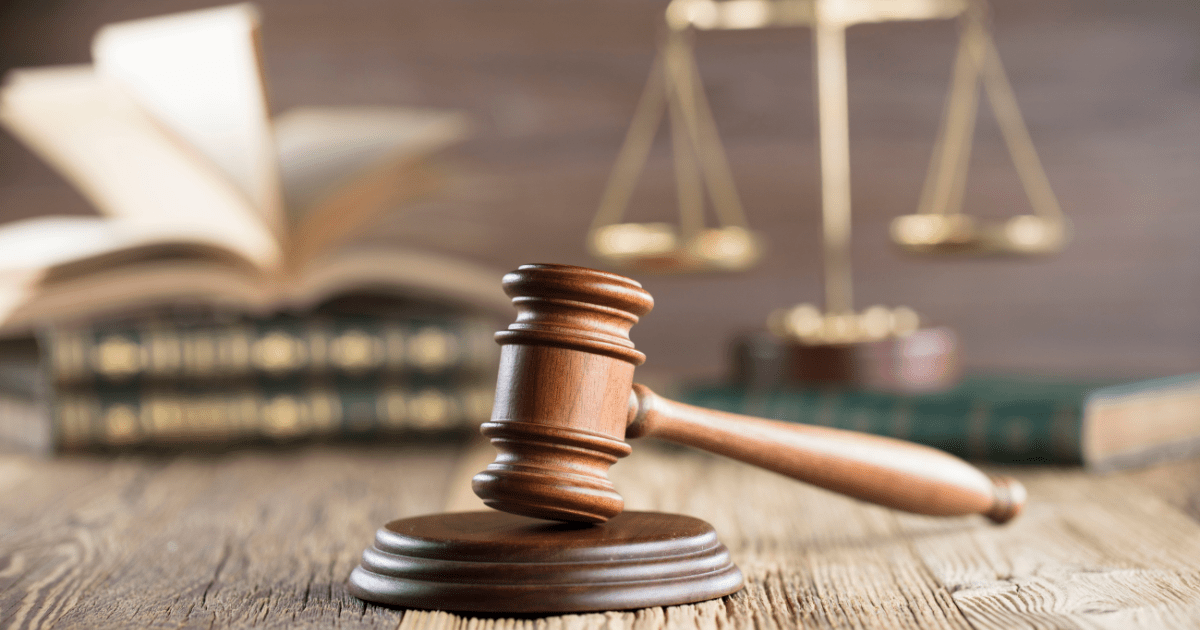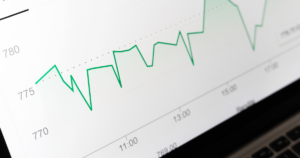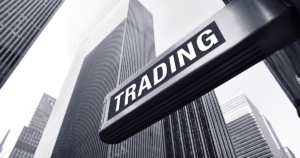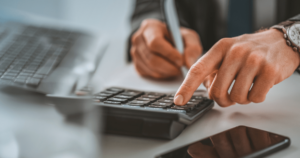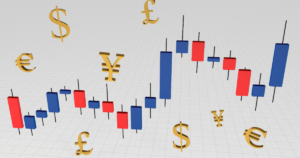Introduction
In today’s financial markets, trading bots have become ubiquitous tools for investors. These automated systems are designed to execute trades based on pre-set rules and algorithms, offering advantages such as high-speed execution, 24/7 operation, and the removal of emotional biases. However, the legality of trading bots is not entirely black and white, as it is influenced by various factors, including the type of bot, the markets it operates in, and the regulatory landscape. This comprehensive guide aims to untangle the complexities surrounding the legality of trading bots, providing you with a clear understanding of their status in the eyes of the law.
Table of Contents
- What are Trading Bots?
- General Legality of Trading Bots
- Conditions Under Which Trading Bots Can Be Considered Illegal
- Crossing the Line – Market Manipulation and Insider Trading
- Exploiting the System – Unfair Trading Practices
- Specific Types of Trading Bots and Their Legal Considerations
- Are AI Trading Bots Legal?
- Are Forex Trading Bots Legal?
- Are Crypto Trading Bots Legal?
- Role of Brokers in the Legality of Trading Bots
- Scams and Fake Bots – Protecting Yourself
- Key Takeaways
- Frequently Asked Questions about Trading Bots
1. What are Trading Bots?
Before delving into the legality of trading bots, it is essential to understand what they are and how they function. Trading bots are automated tools that execute trades on behalf of investors. They rely on pre-set rules and algorithms to interpret and respond to market data. These rules can be based on various factors such as timing, price, quantity, or mathematical models. Trading bots offer numerous advantages, including the ability to execute trades at high speeds, operate continuously, and eliminate the influence of human emotions. However, the effectiveness of trading bots depends on the underlying strategy and their proper configuration.
2. General Legality of Trading Bots
In most countries, the use of trading bots is legal and widely accepted. Trading bots are viewed as tools that help investors automate their trading strategies. For example, in the United States, a well-established framework for financial technology encompasses trading bots. However, it is crucial to note that while trading bots themselves are legal, their misuse, such as engaging in market manipulation, is not permitted. It is the responsibility of users to ensure that trading bots are used responsibly and ethically.
3. Conditions Under Which Trading Bots Can Be Considered Illegal
Crossing the Line – Market Manipulation and Insider Trading
One scenario where trading bots can enter illegal territory is when they are used for unethical practices like market manipulation and insider trading. Market manipulation involves creating artificial demand or supply to influence prices. Using a bot programmed to place a large number of buy orders to inflate prices artificially is both unethical and unlawful. Similarly, insider trading involves trading based on non-public, crucial information. If a bot is set to trade based on such insider information, it is stepping outside the legal boundaries.
Exploiting the System – Unfair Trading Practices
Although trading bots are generally legal, they can be used for practices considered unfair in the trading world. These activities, designed to mislead or manipulate market activity, can distort prices and disrupt the fair functioning of financial markets. While these unfair practices are not exclusive to bots and can be conducted by human traders as well, the automation and speed of trading bots can potentially amplify their impact. It is important to note that while these practices may not always be illegal, they are often considered unethical and may lead to penalties or restrictions.
4. Specific Types of Trading Bots and Their Legal Considerations
Are AI Trading Bots Legal?
AI trading bots utilize artificial intelligence technologies, such as machine learning, to make trading decisions. These bots are generally legal, but their advanced capabilities may present unique legal considerations in the future. For example, if an AI bot self-learns to engage in unfair trading practices, questions may arise regarding accountability—whether the user, the programmer, or the bot itself should be held responsible.
Are Forex Trading Bots Legal?
Forex trading bots are used to trade currency pairs in the foreign exchange market and are legal in the majority of jurisdictions worldwide. However, some Forex brokers may have internal policies or regulatory requirements that restrict the use of bots on their platforms. It is advisable for traders to familiarize themselves with their broker’s policies before employing a Forex trading bot. Engaging in unfair trading practices or exploiting system loopholes using Forex bots can lead to legal issues.
Are Crypto Trading Bots Legal?
Crypto trading bots are specifically designed to trade cryptocurrencies like Bitcoin, Ethereum, and other digital assets. These bots are generally legal and widely used in the crypto trading community. However, the legality of crypto trading bots is closely tied to the legal status of cryptocurrencies themselves. In jurisdictions where cryptocurrencies are not recognized as legal tenderor are subject to specific regulations, the use of crypto trading bots may have additional legal considerations. Traders should stay informed about the legal landscape surrounding cryptocurrencies and ensure compliance with applicable regulations.
5. Role of Brokers in the Legality of Trading Bots
The role of brokers in the legality of trading bots is significant. Brokers may have specific policies regarding the use of bots on their platforms, and traders should familiarize themselves with these policies before employing a trading bot. Some brokers may offer their own proprietary trading bots or integrate with third-party bot providers, ensuring that the bots used on their platforms comply with legal and ethical standards. It is important to choose a reputable broker that supports the use of trading bots and provides a transparent framework for their usage.
6. Scams and Fake Bots – Protecting Yourself
As with any popular industry, the presence of scams and fake bots is a concern in the trading bot space. Traders must exercise caution and be vigilant to protect themselves from fraudulent schemes. It is advisable to thoroughly research and choose reputable trading bot providers, read user reviews, and verify the legitimacy of the bot before making any financial commitments. Additionally, staying informed about common scam tactics and red flags can help traders avoid falling victim to fraudulent activities.
7. Key Takeaways
- Trading bots are generally legal and widely used as tools to automate trading strategies.
- Misuse of trading bots, such as market manipulation or insider trading, is illegal and unethical.
- Unfair trading practices conducted using trading bots can distort prices and disrupt financial markets.
- Different types of trading bots, such as AI bots, Forex bots, and crypto bots, have specific legal considerations.
- Brokers play a significant role in determining the legality of trading bots on their platforms.
- Traders should be cautious of scams and fake bots and conduct thorough research before choosing a trading bot provider.
8. Frequently Asked Questions about Trading Bots
Q1: Are there any legal restrictions on using trading bots?
A1: In most countries, the use of trading bots is legal. However, traders must comply with applicable regulations and avoid engaging in illegal or unethical practices.
Q2: Can trading bots guarantee profits?
A2: No, trading bots cannot guarantee profits. Their effectiveness depends on various factors, including market conditions, the underlying strategy, and proper configuration.
Q3: Are there risks associated with using trading bots?
A3: Yes, there are risks associated with using trading bots, including technical failures, programming errors, and the potential for losses in volatile markets. Traders should understand the risks and use bots responsibly.
Q4: Can trading bots replace human traders?
A4: Trading bots can automate certain aspects of trading, but they cannot replace human judgment and decision-making. They are tools that assist traders in executing strategies more efficiently.
Q5: How can I choose a reliable trading bot provider?
A5: To choose a reliable trading bot provider, conduct thorough research, read user reviews, verify the provider’s reputation, and ensure transparency in their offerings and compliance with legal and ethical standards.
Conclusion
Trading bots continue to play a significant role in financial markets, offering automation and efficiency to investors. While trading bots are generally legal, it is crucial to understand the legal considerations and ethical boundaries associated with their use. Traders should be aware of potential risks, stay informed about regulatory frameworks, and choose reputable trading bot providers. By using trading bots responsibly and ethically, traders can harness their potential benefits while complying with the law and maintaining market integrity.

